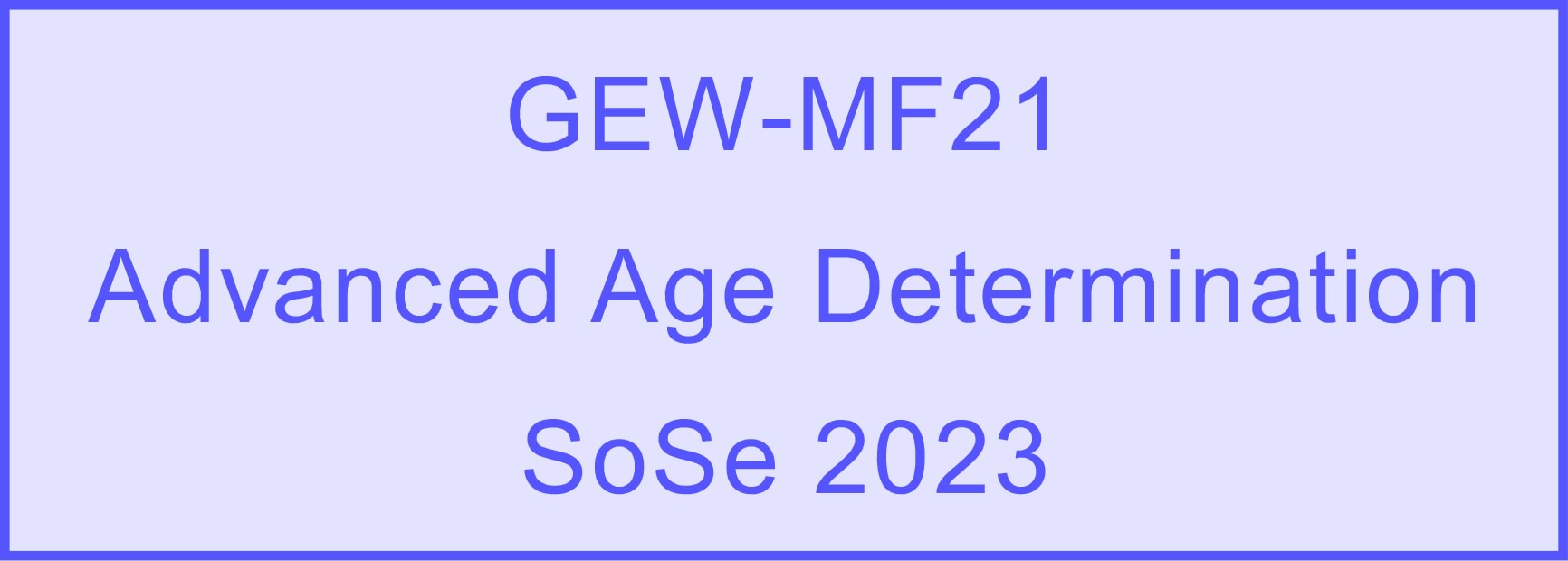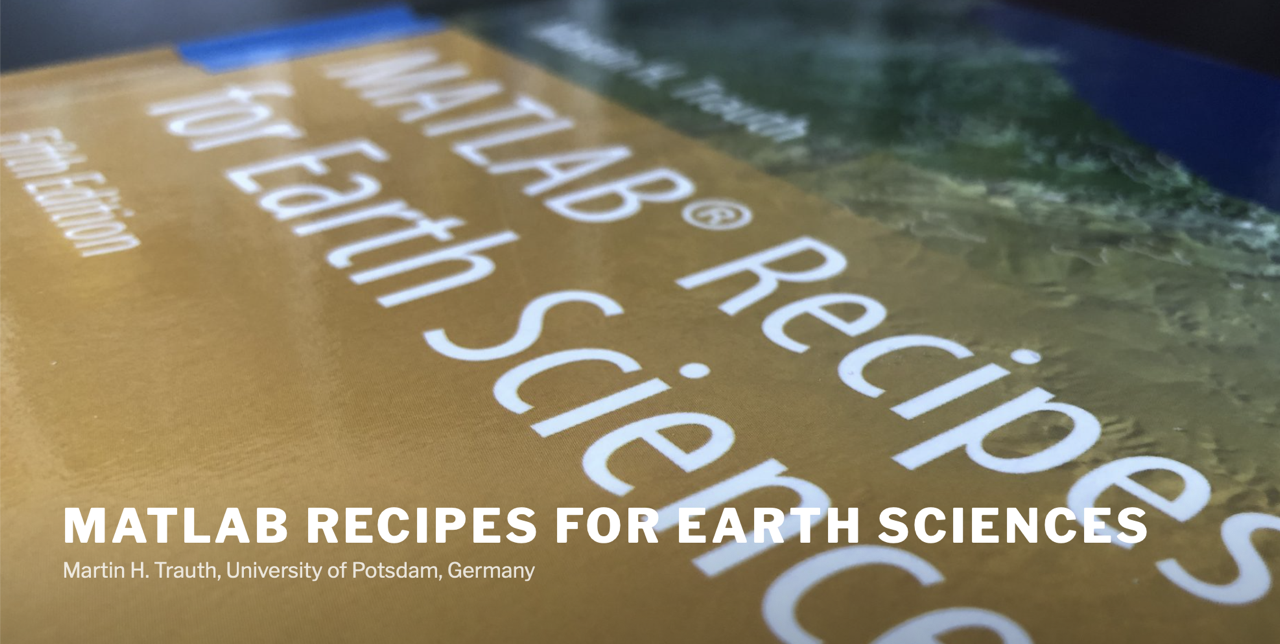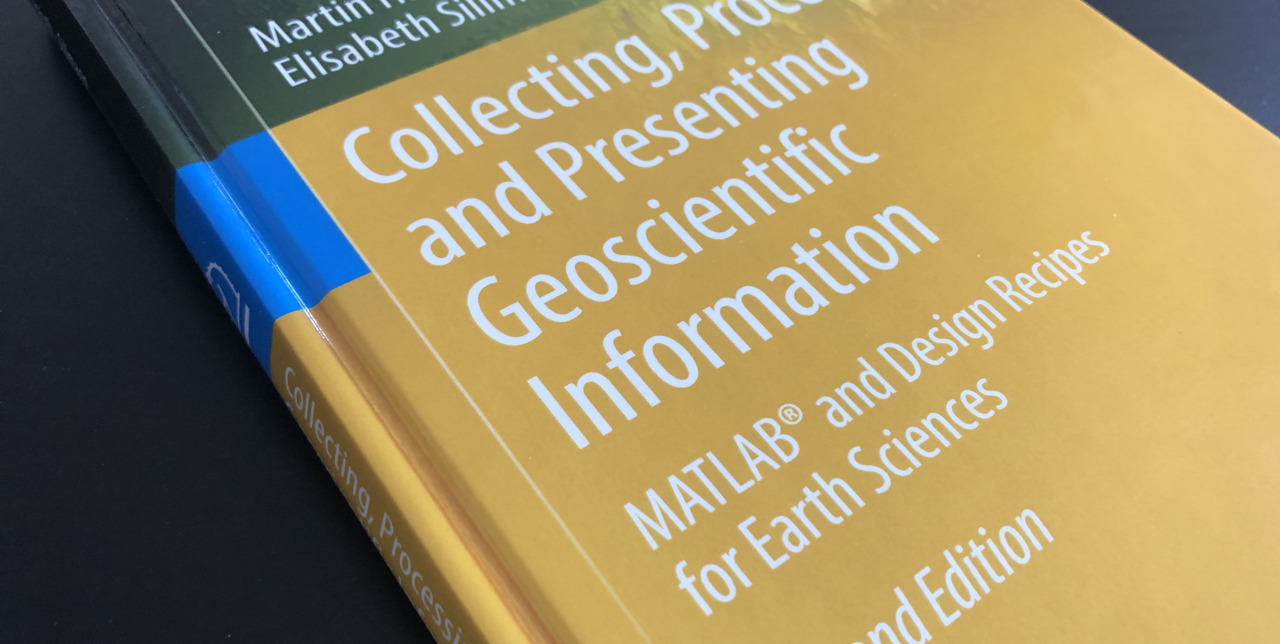Dies ist die Moodle-Seite des Kurses
GEW-B-P04 - Einführung in die Geowissenschaften IV - Geologische und Stratigraphische Prozesse in Raum und Zeit im SoSe 2023
Auf dieser Seite findet ihr alle Informationen über den Kurs, sowie die Vorlesungs- und Übungsunterlagen.
- Kursleiter*in: Sven Maerz
- Kursleiter*in: Timothy Oluwatobi Tella
- Kursleiter*in: Michele Vallati
Vertiefung wichtiger mathematischer Grundlagen und Verfahren zur Behandlung
von geophysikalischen Fragestellungen.
- Kursleiter*in: PD Dr. Sebastian Hainzl

- Kursleiter*in: Dr. Masafumi Sudo
- Kursleiter*in: Dr. Martin Timmerman
- Kursleiter*in: Dr. Masafumi Sudo
- Kursleiter*in: Prof. Philipp Weis

Lerninhalt des Modules ist die Betrachtung von ausgewählten Extremereignissen in der Vergangheit, Gegenwart und Zukunft: Impaktereignisse, Vulkanausbrüche, Erdbeben, Klima- und Wetterextreme, Naturkatastrophen in historischen und geologischen Archiven. Lernziel ist ein Grundverständnis des Zusammenwirkens von Geoprozessen bei Extremereignissen und deren Wirkung auf die menschlichen Gemeinschaft.
- Kursleiter*in: Prof. Dr. Bodo Bookhagen
- Kursleiter*in: Sascha Brune
- Kursleiter*in: Prof. Dr. Eva Eibl
- Kursleiter*in: Markus Lothar Fischer
- Kursleiter*in: Alea Joachim
- Kursleiter*in: Prof. Dr. Frank Krüger
- Kursleiter*in: Prof. Dr. Manfred Strecker
- Kursleiter*in: Martin Trauth
- Kursleiter*in: Prof. Dr. Thomas Walter

Introduction to a higher-level programming languages such as MATLAB, Python and Julia; overview of data types and methods; one-, two-, and multi-variable statistics; time series analysis; statistics for spatial and directional data; numerical procedures; image processing and analysis.
- Kursleiter*in: Martin Trauth

Lehrende: apl. Prof. Dr. Martin Trauth
Der Kurs stellt den typischen Verlauf eines Projektes nach, beginnend mit der Beschaffung und Verarbeitung wissenschaftlicher Literatur, Definition einer wissenschaftlichen Fragestellung, der Beschaffung und Verarbeitung von Daten, die Analyse der Daten sowie die Präsentation der Resultate in Form von Postern, Vorträgen und Aufsätzen. Im Zentrum des Kurses steht die computergestützte Verarbeitung von Daten, nicht die Erzeugung von Daten im Labor. Die Modulprüfung ist dreiteilig und besteht aus einem Poster, einer Kurzfassung und einem Kurzvortrag.
- Kursleiter*in: Markus Lothar Fischer
- Kursleiter*in: Martin Trauth

